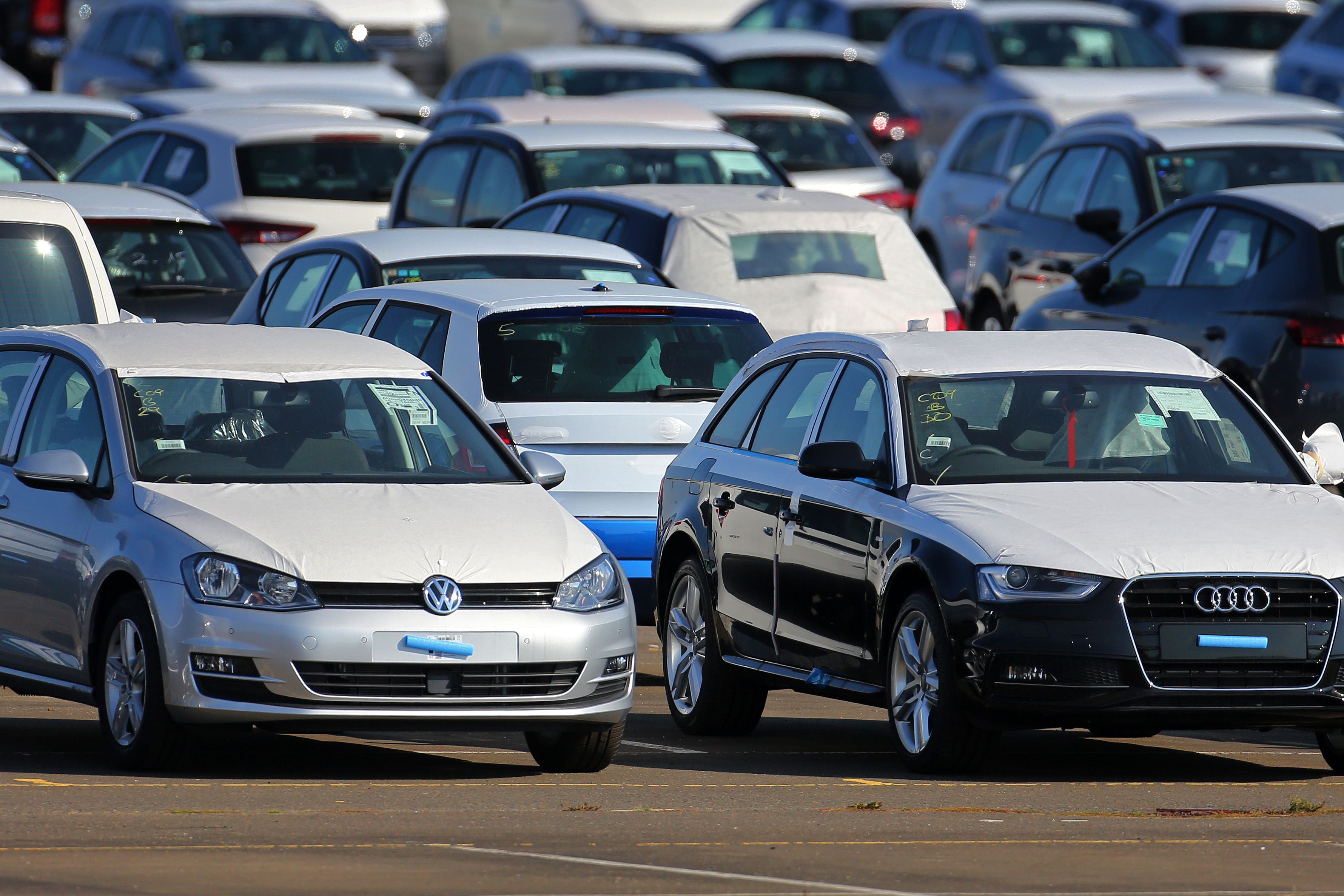How the timeline for banning new petrol and diesel cars has shifted
Labour’s manifesto states that if the party wins the General Election, it will restore the 2030 phase-out date.

Drivers and vehicle manufacturers have been told several different timelines for when the sale of conventionally fuelled cars will be banned in the UK.
An initial date of 2040 was announced in July 2017 by then-environment secretary Michael Gove.
He said the move was aligned with a target set out in the Conservative Party manifesto for the 2015 general election for “almost every car and van to be a zero emission vehicle by 2050”.
In February 2020 at a launch event for the Cop26 Glasgow climate summit, then-prime minister Boris Johnson outlined plans to bring the ban forward to 2035.
Days later, his transport secretary Grant Shapps said the ban could happen by 2032.
In November 2020, Mr Johnson announced the sale of new cars and vans powered wholly by petrol or diesel would be banned from 2030.
Mr Shapps said bringing the phase-out date forward by five years “could create 40,000 extra jobs by 2030, particularly in our manufacturing heartlands of the North East and across the Midlands”.
In September last year, Prime Minister Rishi Sunak delayed the ban by five years to 2035 as part of a watering down of efforts to tackle the climate crisis.
He insisted the UK was already ahead of allies in reducing emissions and could not impose “unacceptable costs” on British families.
Labour’s manifesto, published on Thursday, stated that if the party wins the General Election it will restore the 2030 phase-out date “for new cars with internal combustion engines”.
Bookmark popover
Removed from bookmarks